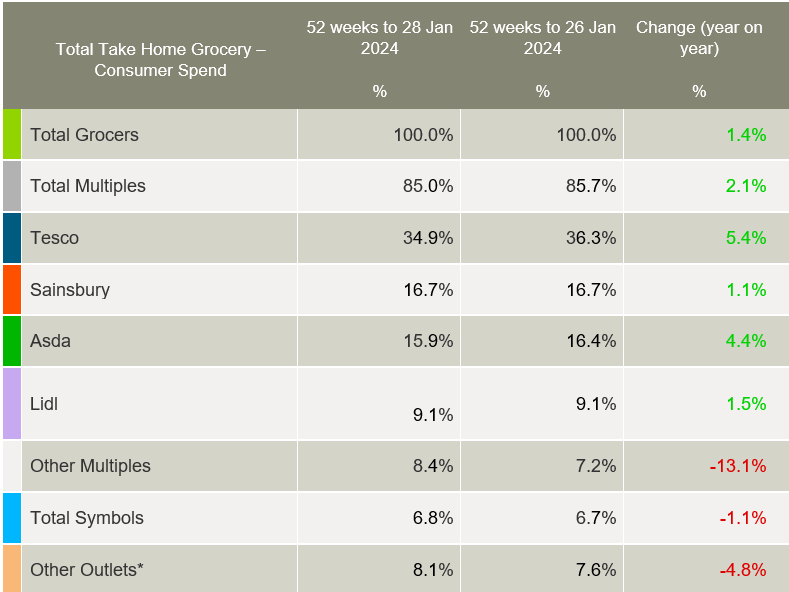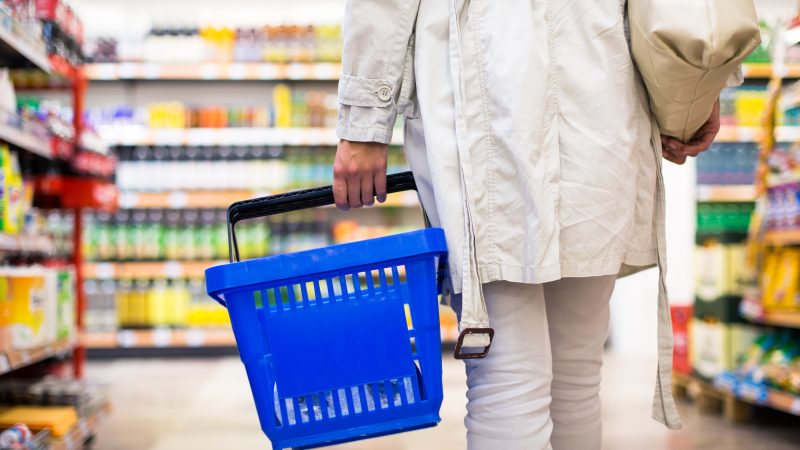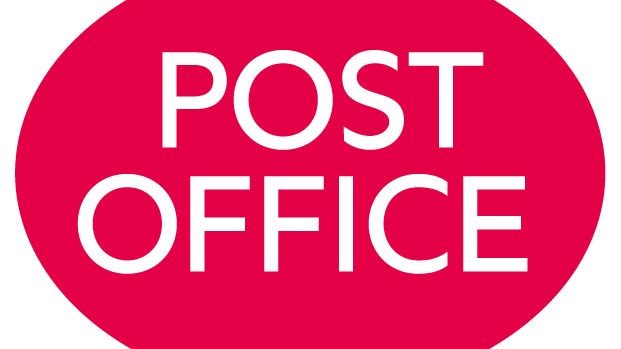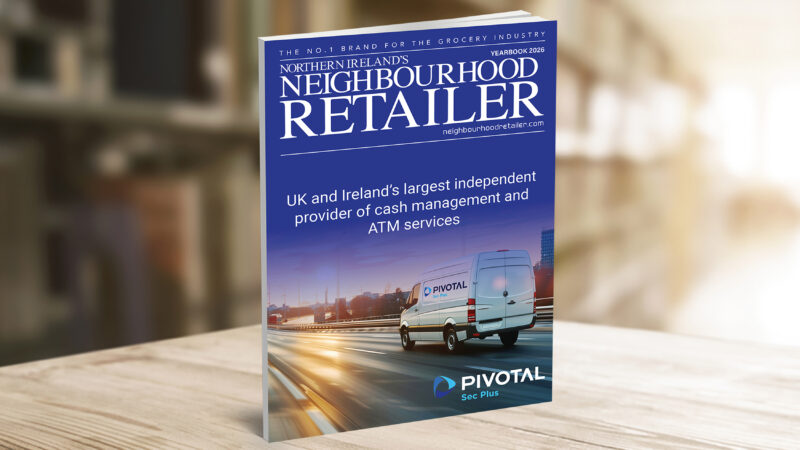Post-Christmas spending boosted by promotions and health trends
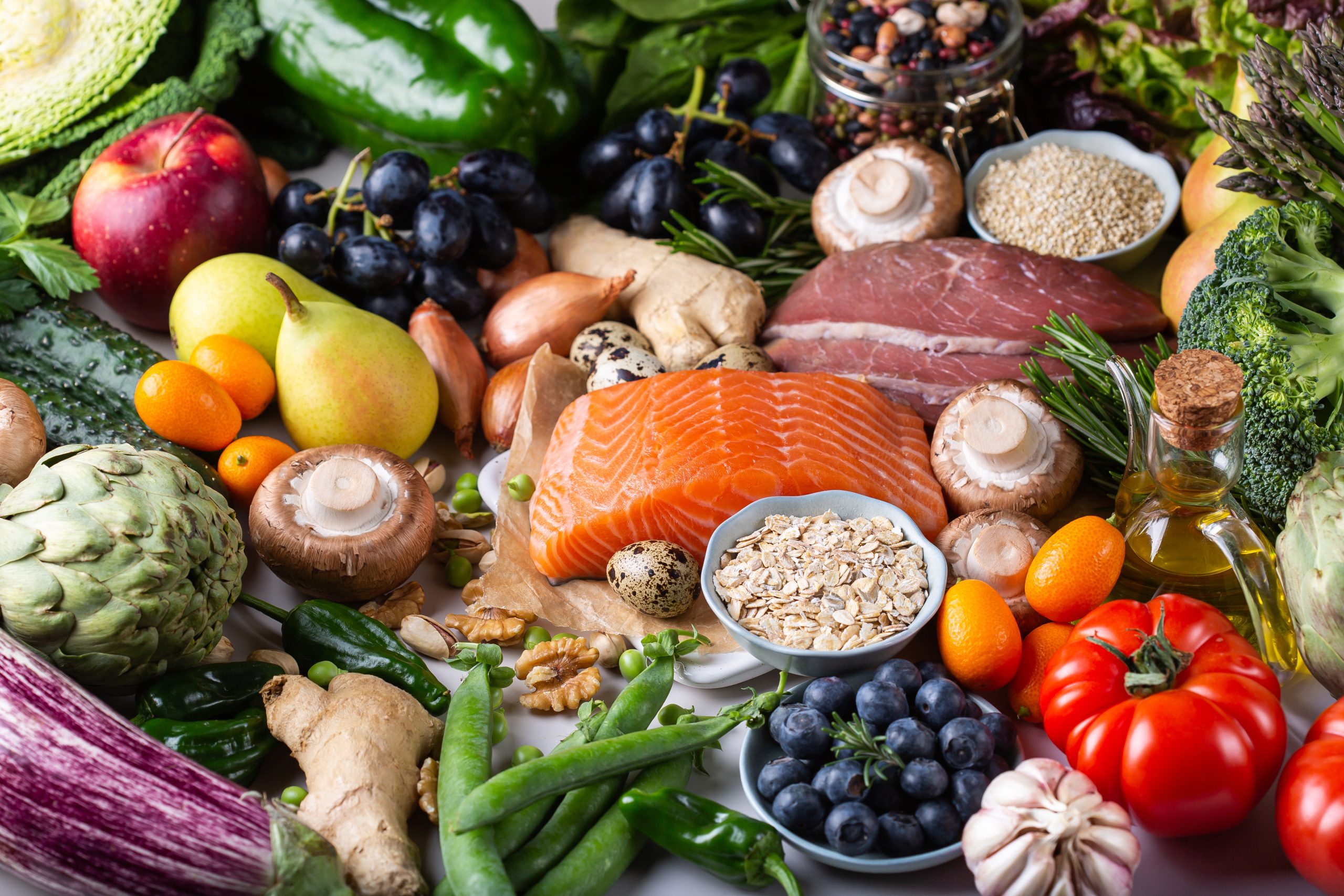
A total of £4.3 billion passed through the tills of grocers in Northern Ireland in the year to 26th January 2025, representing an increase of 1.4%, compared to last year.
While shoppers made fewer trips to stores (-0.5%), they picked up more packs per trip compared to last year, contributing an additional £28.3 million to the overall market performance, according to the latest figures.
Grocery inflation in Northern Ireland now stands at 2.5%, analysts Kantar reports down from 2.76% last month.
The latest Northern Ireland grocery market share from Kantar shows that Northern Irish shoppers have spent an additional £45.2 million on their favourite brands, an increase of 1.9% year-on-year, boosting branded value share to 54.9%.
Own-label grew at a slower rate of 0.9%, with shoppers spending an additional £17.3 million versus last year. Own-label holds a 43.3% value market share, which is down slightly by 0.1 percentage points compared to last year.
After an indulgent Christmas, many Northern Irish shoppers turned to promotions alongside own-label products to find the best value in the market. Promotional activity remains strong, accounting for over 22% of value sales, with shoppers spending almost £1 billion on promotional deals.
As Business Development Director at Kantar, Emer Healy explained, New Year’s resolutions and health were top priorities this January.
“Shoppers spent an additional £361k on low and non-alcoholic drinks. Alongside this, an additional £16.1 million was spent on fresh fruit and vegetables compared to last year,” said Emer.
Meanwhile, Tesco continues to lead in market share performance, holding 36.3% of the market, up 5.4% compared to last year, with this growth driven by an increase in the number of trips to stores, contributing an additional £75.9 million to its performance.
Sainsbury’s holds a 16.7% market share, with sales up 1.1% year-on-year. Sainsbury’s welcomed an influx of new shoppers, which contributed £43.5 million to its overall performance.
Asda holds 16.4% of the market, up 4.4% over this period, with increases in volume per trip and new shoppers contributing a combined additional £29.8 million to its performance. Lidl holds a 9.1% market share, up 1.5% year-on-year, with more frequent trips boosting overall performance by £6.3 million.
